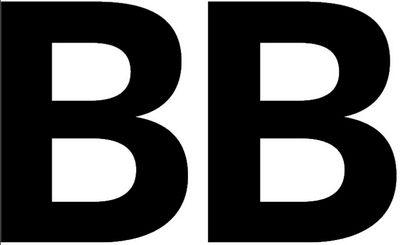Where’s the line between theory and practicality?
I can honestly say that I learned a lot in Engineering school.
I gained a better understanding of how the world around me works, and I got to understand the math and physics underlying so many of the greatest inventions.
But from a practicality standpoint, the past year of house renovations has been far more useful than my four years of undergrad studies.
I left college feeling like I had no idea how to design anything useful or innovative. I understood how some of the science worked, but I couldn’t figure out how to put it into practice.
That changed pretty quickly once I was left with a 75-year-old house and tasked with making it into our home.
After just a few projects, I started to get a feel for how things work and how certain manufacturing processes were developed. Over time, that experience has only continued to grow.
Now, even though I’m not technically in an engineering role anymore, I think like an engineer. I can envision solutions and put together plans for fixing problems, and now that I have some hands-on experience, I can anticipate the roadblocks that will come up.
Almost all of this, I owe to experience.
So if you want to learn something in detail, go ahead and dig into the theory. It’s important to set a strong foundation if you ever want to get deep into that subject.
But once you want to actually put that knowledge to use, realize that you’ll have to get your hands dirty.
-Brandon

My Appraisal license took me 4 years to get. Lots of exams and study. I told my first boss, how hard the classes were. He told me not to worry and quoted Abrham Lincoln “ you can read all you want about a hammer and nail, but you will learn the most the first time you hit your thumb “